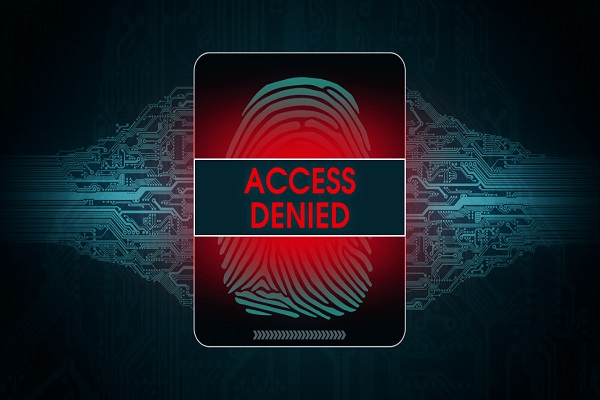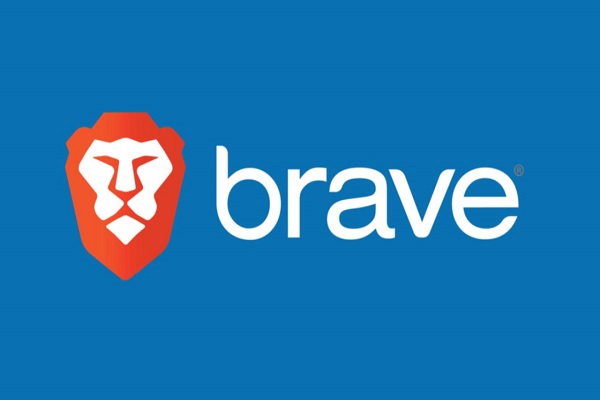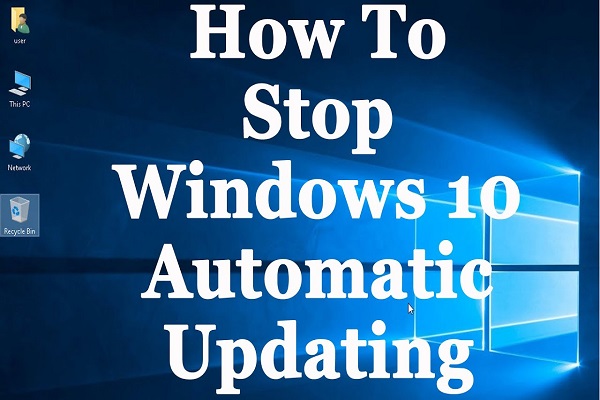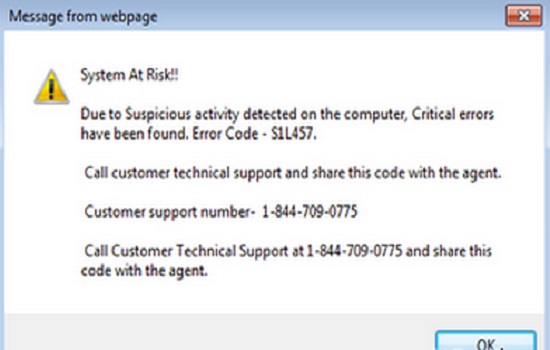One of the most common questions we get here at Tech-10 has to do with Google and its tendency to collect information on you, even when you’re not using it. Is this really happening? How does Google track me even when I’m not using it? Here’s how it works and what you can do to stop it if you don’t like it.
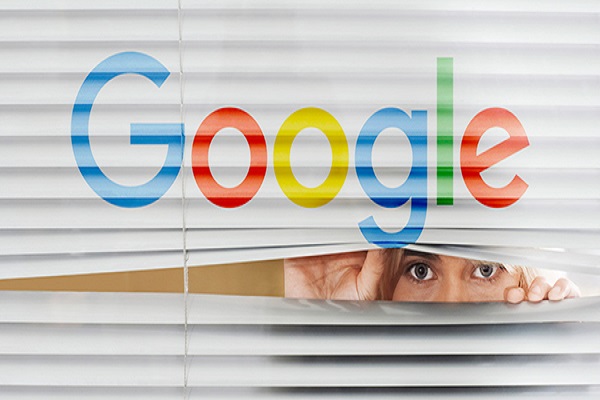
Always Use Private Browsing
When you use a search engine like Google to search for something, the information that pops up on the results page is based on your past searches and sites visited. This means that even if you don’t have a Google account and are logged out of your browser, every time you visit a site with Google services like YouTube or Maps embedded in them (pretty much all major sites), they’ll be able to track what you do with their cookies.
Use Incognito Mode
Google tracks your location and your search habits even if you are in Incognito Mode. They do this through a feature called Web & App Activity. It tracks where you go online and what apps you have on your phone. You can turn this off by clicking the Web & App Activity button in the bottom right corner of the Settings page. The downside to this is that you will also disable any other Google services that are not as useful without being able to track your data such as autocomplete or spellchecker suggestions.
Consider Alternative Search Engines
If you want to stop being tracked by Google and other search engines, there are a number of private search engines that don’t collect your data. DuckDuckGo doesn’t collect any information about its users whatsoever and has a few nifty features built in to protect your privacy as well (like blocking autocomplete on some popular websites). StartPage lets you use Google search without their records of your searches going into the public domain – they use Bing instead of Google to provide the results for you. They also have an encrypted proxy service which means that your internet traffic is routed through them before it gets passed onto the website that you requested from – this stops anyone from intercepting your information as it travels between your computer and the site that you wanted to visit in the first place.
Avoid Excessive Analytics
Google Analytics allows site owners to track a wide variety of user activity on their websites. However, if you are not measuring your analytics data or have a plan for what to do with the information after this step then all of your time and effort could be wasted. You should also avoid having too many goals in your analytics settings because that will make it difficult for you to distinguish which ones are driving the most traffic to your site. Finally, make sure that you know what the average conversion rate is for a website before setting up goals in Google Analytics because setting goals too high can lead to disappointment later on and wasting more time than necessary.
Clear Cookies Regularly
Clearing your cookies on a regular basis will stop websites from following you around the web and building up a detailed profile of your online activity. If you have privacy concerns and are concerned about what can be found out about you, clearing your cookies regularly could help protect your privacy.
Turn Off Location History
Google’s Location History setting allows the company to track your location in order to improve accuracy of its mapping products. However, this could lead to sensitive information about your whereabouts being exposed and shared with third parties such as advertisers.
Keep Search History to Minimum on Phone
Google doesn’t only track your search history on a computer when you use its services; the company also tracks your phone’s location and browser data. If you want to limit this type of data being gathered about you, then make sure to turn off the following on your phone: Location History, Web & App Activity and Device Information.
Disable Ad Personalization
The first step to protecting your privacy while on the Internet is to disable your Ad Personalization within your settings. This will stop Google from displaying ads based off of your search and browsing history. The next step is to delete or opt out of any social media accounts that have been linked with a Google account e.g Gmail, YouTube etc). You can see which websites have been linked by going into the Security section in settings and clicking Connected Apps and Websites. If you are unsure if an app has been linked with your account, simply type the name in the search bar and click App Settings on the left-hand side of the screen.
Delete Cookies After Closing Browser
Google uses a variety of methods to track your web usage and browsing habits, including: cookies that track what sites you visit; HTML5 Local Storage (a type of browser data storage); and HTTP Referrers (a communication protocol used in browsers). One way to stop this from happening would be to delete your browser cache or delete all the cookies from your computer after closing the browser.
